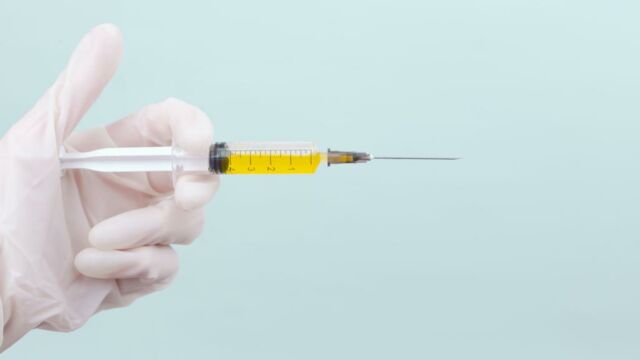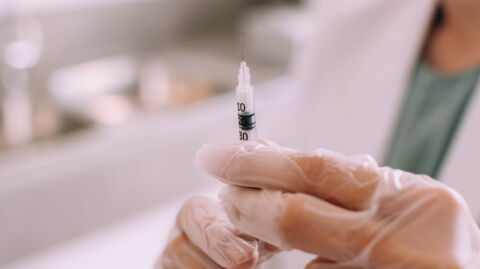People have been reporting experiencing more severe side effects after having received the second dose of the coronavirus vaccine.
Discover our latest podcast
Greater side effects after second shot
Testimonies of jab receivers have echoed having felt ill upon being administered the first shot, but now more people are coming forward saying they have experienced symptoms such as fever, fatigue, headache and soreness at the site of injection following the second dose.
But experts say this is actually a good thing. Typically, when one gets a shot of any vaccine, the body takes a moment to adjust as your immune system is processing the chemical reaction triggered by jabs.
Dr. Sharon NAchman, chief of pediatric infectious diseases at Stony Brook Children's Hospital in New York explains that the immune system's response tends to be more robust following the delivery of the second dose:
In general, it is more common to see reactions with dose two. This is what we see with tetanus vaccine as well as other commonly used adult vaccines like zoster vaccines. However, we have heard from many patients who had a reaction to dose one and were prepared to get a worse reaction to dose two, and had nothing.
Is one vaccine causing more reactions than any other?
Side effects of the COVID-19 jab tend to be mild and clear up within 48 hours of injection. They are more pronounced among younger than older people as their immune systems aren't as strong and fully developed.
Interestingly, in the US, data has shown that local allergic reactions to the Moderna vaccine is greater than that of the Pfizer jab.
Seven percent of adults between the ages of 18 and 55 who received the first dose of the Pfizer vaccine reported fever following injection, compared to 31% after the second dose. With Moderna, 1% of adults between the ages of 18 and 64 reported experiencing fever after the first dose compared to 17% after the second dose.















